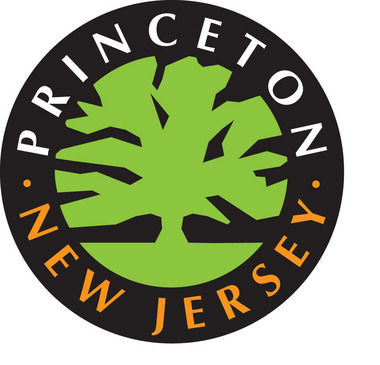By Philip Sean Curran, Staff Writer
Princeton officials, concerned about the long-term fiscal health of the town, will move money around the proposed $61.9 million budget to increase its surplus, or municipal savings, fund for next year.
The Princeton Council is due to adopt the budget on May 9 and then, later this month, vote to “cancel” $204,000 from the spending plan. At a special council meeting Monday, town officials showed where that $204,000 is coming from, including delaying buying a police car.
The budget will not get any smaller, however, as the changes are accounting maneuvers, not spending cuts, Councilwoman Jo S. Butler said after the meeting.
The changes address concerns that some council members have expressed in recent weeks that surplus — unspent money from previous years that is akin to a savings account — is being relied upon to balance the budget. Councilman Patrick Simon said at the meeting that the budget changes amount to “Band-Aids,” not structural improvements, that do not help the town next year. Councilman Bernard P. Miller followed him by calling them a sort of “one-time fix.”
Mr. Miller urged officials to get working “sooner” on the 2017 budget, and said officials should look at ways to either increase revenues, reduce government services or do government differently.
Picking up on that theme, Ms. Butler said the council should “immediately” take a hard look at the government services the town provides. She raised the prospect of the town doing trash collection differently, and said council should examine whether the police department is at the right number of employees. She stopped short of calling for job cuts in the force, the largest expense in municipal government.
“We haven’t looked at it since consolidation,” she said of the size of the department.
At one point, Mr. Miller spoke of officials needing to be upfront about what the tax impact will be when residents lobby them to do something.
“I think we, as a governing body, have been very, very responsive to what we perceive to be the needs of our residents and respond accordingly,” he said. “But I think that has very often been done without asking ourselves what is the cost to the taxpayer what we’re doing.”
He joked that the only thing the council members do without costing taxpayers money is saying the Pledge of Allegiance at council meetings.
“I think we need to take that into consideration as we go forward. I know I am,” he said.
Ms. Butler cited for instance how no one has the “heart” to be tough-minded about the municipal bus service, called the freeB, that has not lived up to the ridership projections that officials used to justify the program. She called it an expensive service that officials cannot bring themselves to cut, and said there has been no accountability within the government for the situation.
“I don’t think the freeB has lived up to expectations,” she said. “But the fact is that it now provides a necessary service for our neediest populations.”
For her part, Mayor Liz Lempert said the town should look at ways to make more revenue, including raising fees and obtaining grants. She said, for instance, that out-of-towners should pay more to use the public library by having a higher price for a nonresident library card. Library director Brett Bonfield attended the meeting but did not comment.
Assuming council votes to approve the budget next week, the tax hike will be $110 at the average home assessment of $810,191. Combined with the $179 school tax hike, a resident at that average home assessment will have to pay about $290 more in school and municipal taxes this year.

